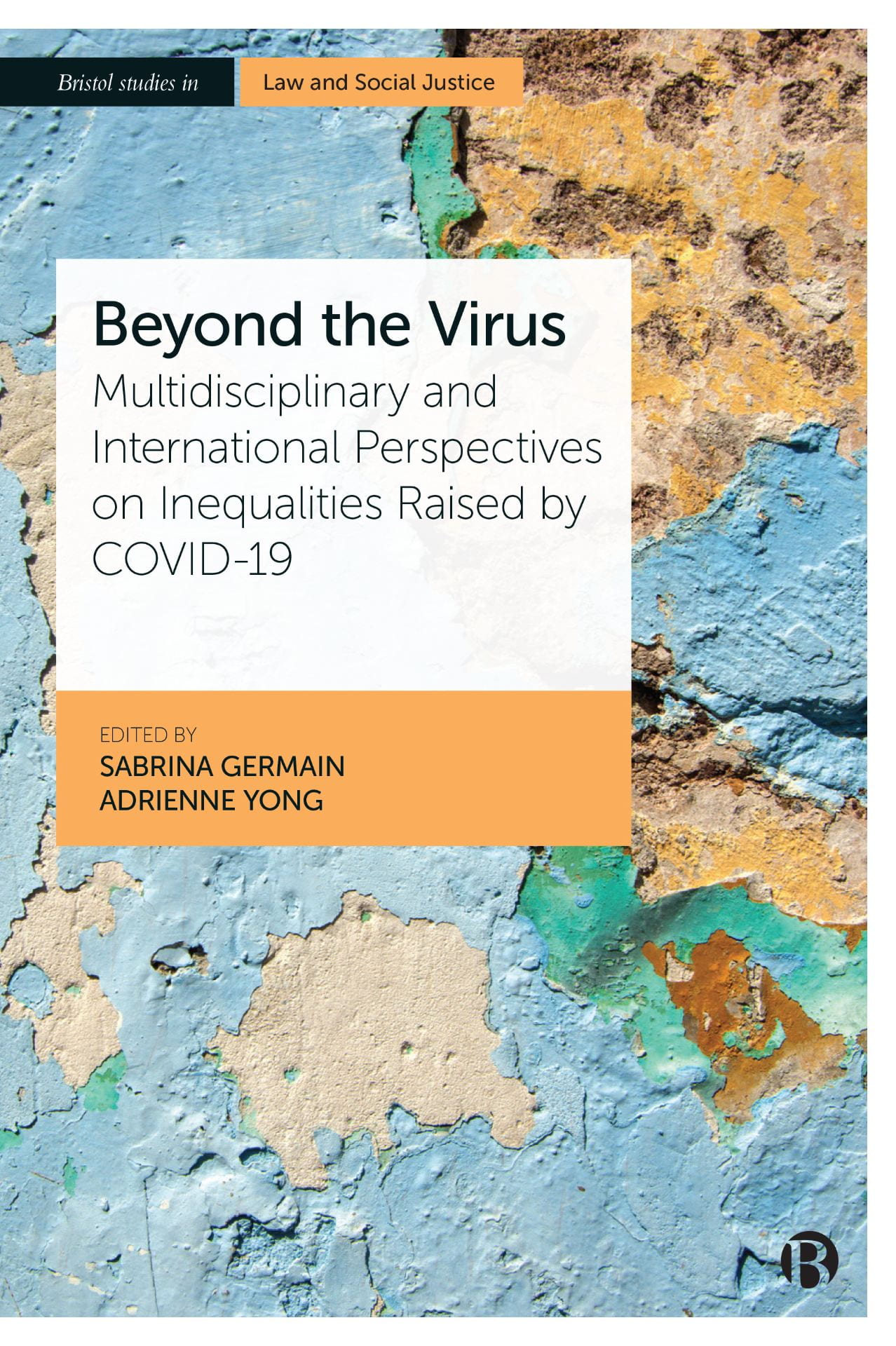Dr Adrienne Yong & Dr Sabrina Germain, City Law School

Originally published on the Social & Legal Studies blog
In late 2020, after the world had endured several lockdowns due to the unprecedented spread of a novel deadly virus, COVID-19 was front and centre in the minds of many academics. Importantly, this was not limited to just those in the medical profession, nor just those interested in biomedical sciences. The pandemic and its effects were of academic interest to most disciplines, including law, politics and other social sciences. As sociolegal scholars with an interest in justice in healthcare (Germain) and immigration and intersectionality (Yong), the pandemic piqued our curiosity because of its impact on widening existing inequalities for some of the most vulnerable in society in range of different areas. With a burning desire to publish an edited collection that would be an important contribution to a burgeoning area of literature, we set off to harness the expertise of a wider group of authors, doing cutting edge work in areas that were not just about the medical effects of the virus itself.
